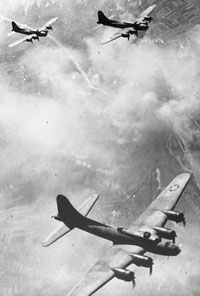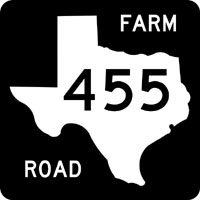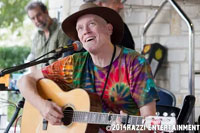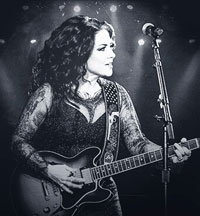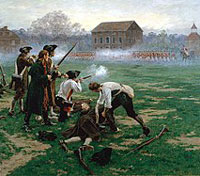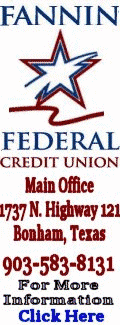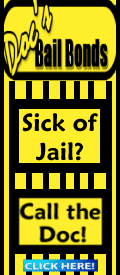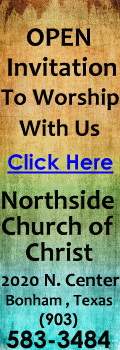1775 – American Revolutionary War: The war begins with an American victory in Concord during the battles of Lexington and Concord. The Battles of Lexington and Concord was the first major military campaign of the American Revolutionary War, resulting in an American victory and outpouring of militia support for the anti-British cause. The battles were fought on April 19, 1775, in Middlesex County, Province of Massachusetts Bay, within the towns of Lexington, Concord, Lincoln, Menotomy (present-day Arlington), and Cambridge. They marked the outbreak of armed conflict between the Kingdom of Great Britain and Patriot militias from America's thirteen colonies. In late 1774, Colonial leaders adopted the Suffolk Resolves in resistance to the alterations made to the Massachusetts colonial government by the British parliament following the Boston Tea Party. The colonial assembly responded by forming a Patriot provisional government known as the Massachusetts Provincial Congress and calling for local militias to train for possible hostilities. The Colonial government effectively controlled the colony outside of British-controlled Boston. In response, the British government in February 1775 declared Massachusetts to be in a state of rebellion. About 700 British Army regulars in Boston, under Lieutenant Colonel Francis Smith, were given secret orders to capture and destroy Colonial military supplies reportedly stored by the Massachusetts militia at Concord. Through effective intelligence gathering, Patriot leaders had received word weeks before the expedition that their supplies might be at risk and had moved most of them to other locations. On the night before the battle, warning of the British expedition had been rapidly sent from Boston to militias in the area by several riders, including Paul Revere and Samuel Prescott, with information about British plans. The initial mode of the Army's arrival by water was signaled from the Old North Church in Boston to Charlestown using lanterns to communicate "one if by land, two if by sea." The first shots were fired just as the sun was rising at Lexington. Eight militiamen were killed, including Ensign Robert Munroe, their third in command. The British suffered only one casualty.

